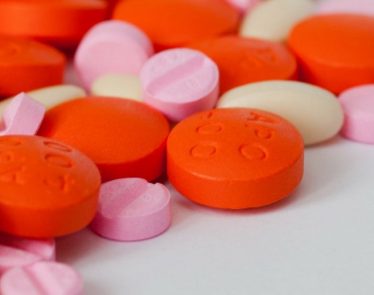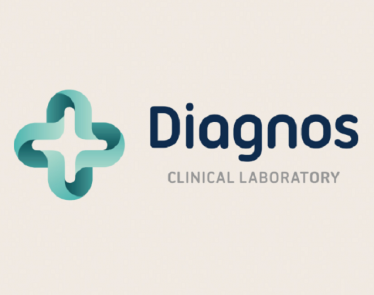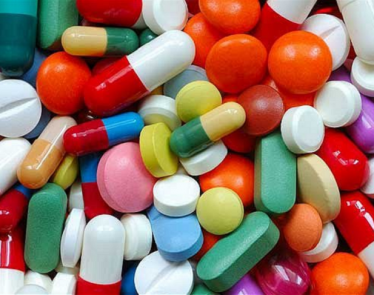
In recent years, we’ve witnessed a rapid surge of investment towards the use of artificial intelligence (AI) in speeding up drug discovery and upping the success rates of pharmaceuticals research. Our aging population is just part of the reason why this field has grown so popular. Pharma industry professionals like to talk about Eroom’s Law (essentially Moore’s law spelled backwards), which suggests that drug development takes longer and becomes more expensive over time. According to the Tufts Center for the Study of Drug Development, the costs to usher a new drug onto the market was $2.6 billion in 2014, with an average time to market of 12 years.
This trend will only worsen, and the main culprits cited include tougher regulations, competition with existing drugs, inefficient use of human resources, and brute-force research tactics. In fact, nine out of 10 clinical drugs fail to make it to trials, while an estimated 95% of pharmaceutical efforts fail to translate into a marketable drug. That’s why the pharmaceuticals industry is now turning to artificial intelligence, machine learning, and big data for faster drug development and discovery, which have led to sky-high investments and a proliferation of AI startups tackling this persistent problem.
BenevolentAI, for instance, is one startup that attempts to connect the dots from previous pharma studies for drug discovery. Its technology employs AI to analyze and mine biomedical data from previous clinical trials and academic research to assess whether certain compounds could be better used in targeting other diseases. Theoretically, its AI predictive capabilities can design new molecules based on relationships between genes, drugs, diseases, and other data points. Other startups that deploy big data from patients to identify new targets and pursue drugs R&D through AI include Berg Health, Atomwise, and Insilico Medicine. Big tech companies have also jumped into the race, and Google (NASDAQ:GOOGL) and China’s Tencent (OTC:TCEHY) are now two of the biggest names in pharmaceuticals AI.
>> Penny Stocks to Watch: Investors are Talking About Asxome Therapeutics
But what about Big Pharma? Perhaps the first pharmaceuticals company to dabble in artificial intelligence was Merck (NYSE:MRK), which partnered with Numerate all the way back in 2012 to develop potential new drugs for cardiovascular diseases using in silico drug design technology algorithms. These days, all of the pharmaceuticals giants, including Pfizer (NYSE:PFE), Novartis (OTC:NVSEF), and Bayer (OTC:BAYRY), have actively integrated AI into drug discovery. However, insiders suggest that most of their initiatives are still at an experimental stage, and more full-scale commitments are required.
Arguably, the current pharmaceuticals leader in artificial intelligence applications is GlaxoSmithKline (NYSE:GSK), which recently set up a dedicated in-house AI division known as the “Insilico Drug Discovery Unit.” Of all the pharma brands, GlaxoSmithKline seems to be most invested in AI, having partnered with several AI drug discovery startups (including Insilico), while turning over data on two million compounds to the ATOM consortium, a public-private partnership focused on accelerating drug discovery. But when it comes to making investments and seeking partnerships, Roche (OTC:RHHBY) has committed itself the most, sinking large sums into artificial intelligence, and purchasing the cancer data company Flatiron Health for $1.9 billion last year to accelerate cancer research through AI. It has also partnered with precision medicine cancer company Syapse and big data analytics firm GNS Healthcare to leverage AI technologies.
Even though Google’s genetics scientist Mark DePristo has suggested that collecting enough data can be a critical obstacle, AI investment in this field is likely to ramp up in the next few years. If AI algorithms can successfully slash drug development times and increase success ratios, a growing number of patients should have lower drug prices to look forward to. That’s why billions of dollars have already been sunk into this growing sector, and billions more will follow.
Featured image: DepositPhotos © Tzido












